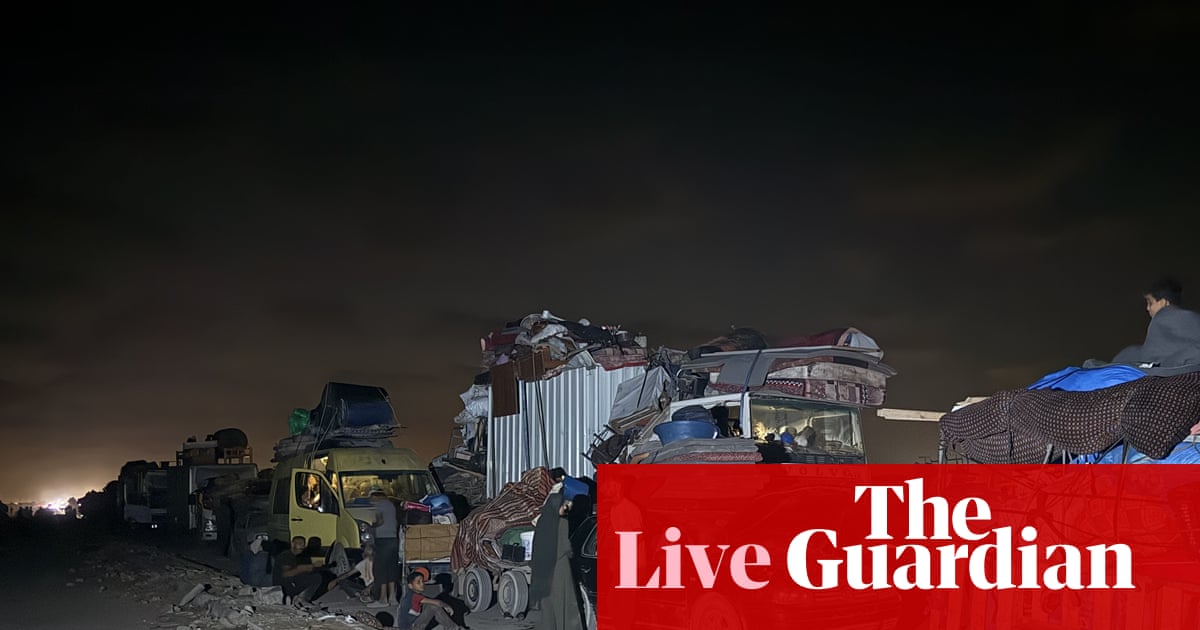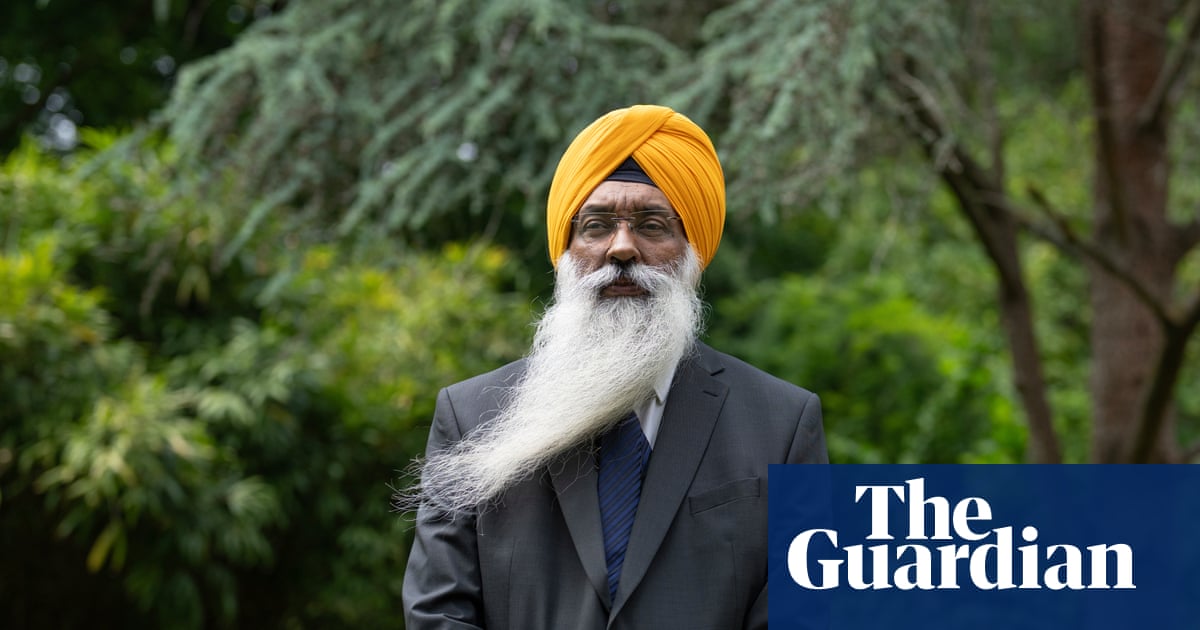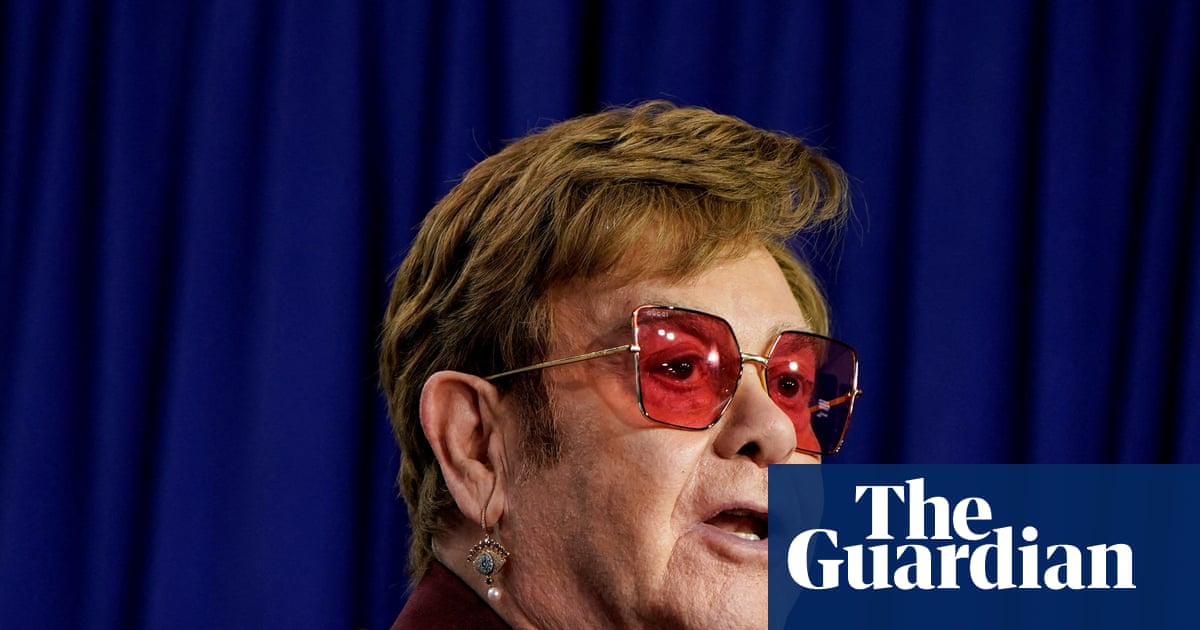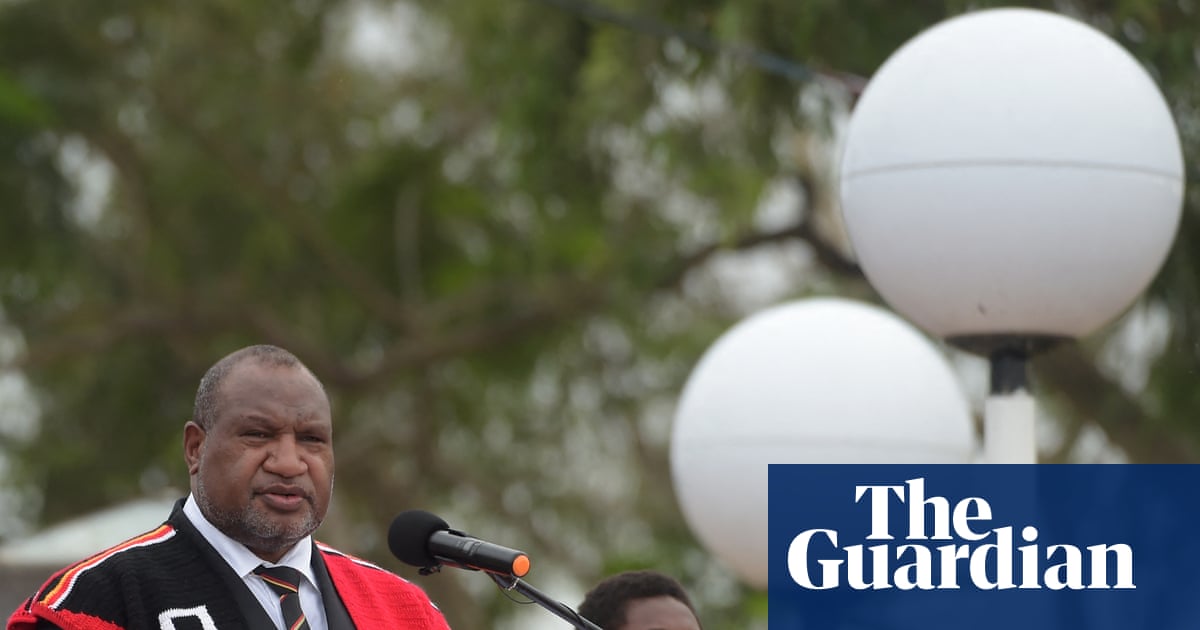A primary school teacher smashed their adoptive children’s heads together, forced them to swallow soap and called one of them a “black bastard”.
Their partner – a barrister who also sat as a deputy district judge in the family courts – repeatedly failed to protect the children from their campaign of abuse.
But despite the findings, the high court has ruled that the couple cannot be identified after The Bureau of Investigative Journalism (TBIJ) led a legal attempt to name them in the public interest.
Mrs Justice Theis said she had reached the “very difficult decision” after undertaking a careful balancing exercise between the rights of the media and the children’s right to privacy.
To the outside world the couple, who adopted five children, portrayed a happy family image that they used to promote their respective careers.
But behind closed doors they ran a household controlled by what Theis described as an “undercurrent of fear”. The barrister, who specialised in children’s cases, was aware of the abuse but failed to intervene.
The court found the children were subjected to physical assaults, denied proper meals and that a lock was placed on the pantry to stop them helping themselves to food.
Punishments designed to humiliate included locking them outside the house without shoes on or making them stand against a wall. One child had his head flushed down the toilet and was referred to as “a disease”. Another had his spectacles confiscated to prevent him from reading.
Both parents deny the allegations but did not seek to challenge them.
In a judgment published today Theis said the arguments put forward on each side relating to the issue of anonymity were compelling but was ultimately in the best interests of the children.
At the heart of the case are three boys who find themselves back in the care system after suffering significant harm at the hands of their parents.
Usually it is in the interests of children who have been the subject of abuse to keep the identity of their family confidential.
In this case however, there were welfare arguments put forward on behalf of the children in favour of naming the parents. These included that identifying them would serve to validate their experiences and refute anything later made public by the parents who dispute the allegations and previously threatened to “one day fight for justice”.
Initially the guardian for the younger two boys, appointed by the court to represent their best interests, supported the naming of the parents in court judgments but shifted her position to neutral just over a week before a hearing in April.
It came after the parents said they would be willing to have contact with the children on the condition their identities were protected. Previously they had been resolute about not seeing them despite being aware of the boys’ wishes to do so.
It was submitted there was significant public interest in naming the parents due to the jobs each had held during the time of the abuse. Both worked in roles that brought them into direct contact with children, while the judge was making important decisions about their welfare.
Theis said the balancing exercise was “exquisitely poised” and that TBIJ had set out “powerful arguments” supported by other media organisations.
However, she ultimately decided in favour of the children’s rights to privacy. She said their welfare needs were best achieved away from the glare of any publicity.
The two younger siblings left the family home in January 2024 and reported to police they had been abused by the teacher. The older sibling, who was separately represented in the court proceedings, and was already in foster care at that time, also disclosed abuse.
One boy told police the teacher had pushed him against a wall, put their hands around his throat and threatened to kill him. He also said he had been made to wear shoes that were too small for him and that he’d been subjected to racial slurs, including the “N-word”.
Theis said the children were caused further significant harm as a result of delays to the court process, caused “in very large part” to the conduct of the parents who said they suffered from fragile mental health.
A police investigation into the teacher and barrister, who were bailed after being arrested, was closed in July 2024 and no charges were brought.

 3 months ago
159
3 months ago
159

















































